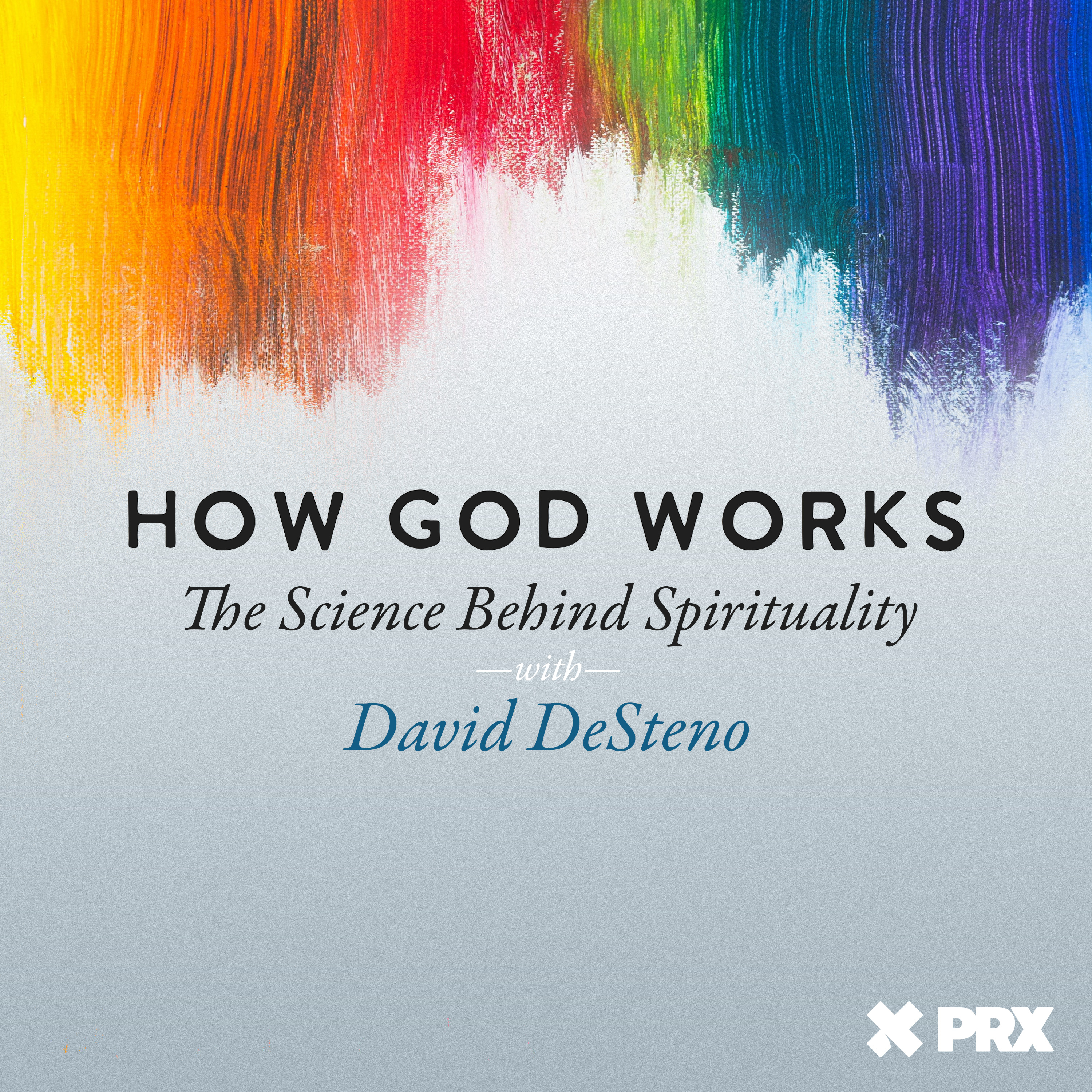Succeeding Without Trying
Description
We spend a lot of time on How God Works talking about how spirituality can offer tools to become better versions of ourselves. And while learning to be happier, healthier and more resilient are all positive things to strive for, they can also lead us down a different path - an obsession with productivity and self-optimization… which can lead to a culture of trying to grind or life-hack our way through everything.
But what if the secret to success lies in doing less, not more? On this episode, we’ll explore the Chinese concept of wu wei, effortless action. We'll talk to Edward Slingerland about how modern cognitive science has proven many early Chinese thinkers right, why wu wei is still relevant today, and how learning how not to try can help us forge a different path toward the good life.
Edward Slingerland is a professor of religion at the University of British Columbia and the author of Trying Not To Try: Ancient China, Modern Science and the Power of Spontaneity. Find out more about his work, and his other books, on his website.
Other texts we’ve discussed during this episode include:
-Flow, by Mihaly Csikszentmihalyi
-Groundwork of the Metaphysics of Morals, by Immanuel Kant
-The Analects or Sayings of Confucius, attributed to Confucius
-The Tao Te Ching or Laozi, attributed to Laozi
-The Mencius, attributed to Mencius
More Episodes
There’s no question we’re living in difficult times that lead many of us to adopt a cynical outlook. But while cynicism might feel smart, science shows it’s corrosive not only to our own wellbeing, but to society as a whole. We’ll talk to Stanford Professor of Psychology Jamil Zaki about the...
Published 10/27/24
Published 10/13/24
Regret can be a double-edged sword. It can be painful, and enduring, but we can also learn important lessons from it - IF we treat it right. Most religions speak of forgiveness and compassion, not only toward others but also toward oneself. Still, letting go can be difficult to do at times. So...
Published 09/29/24


